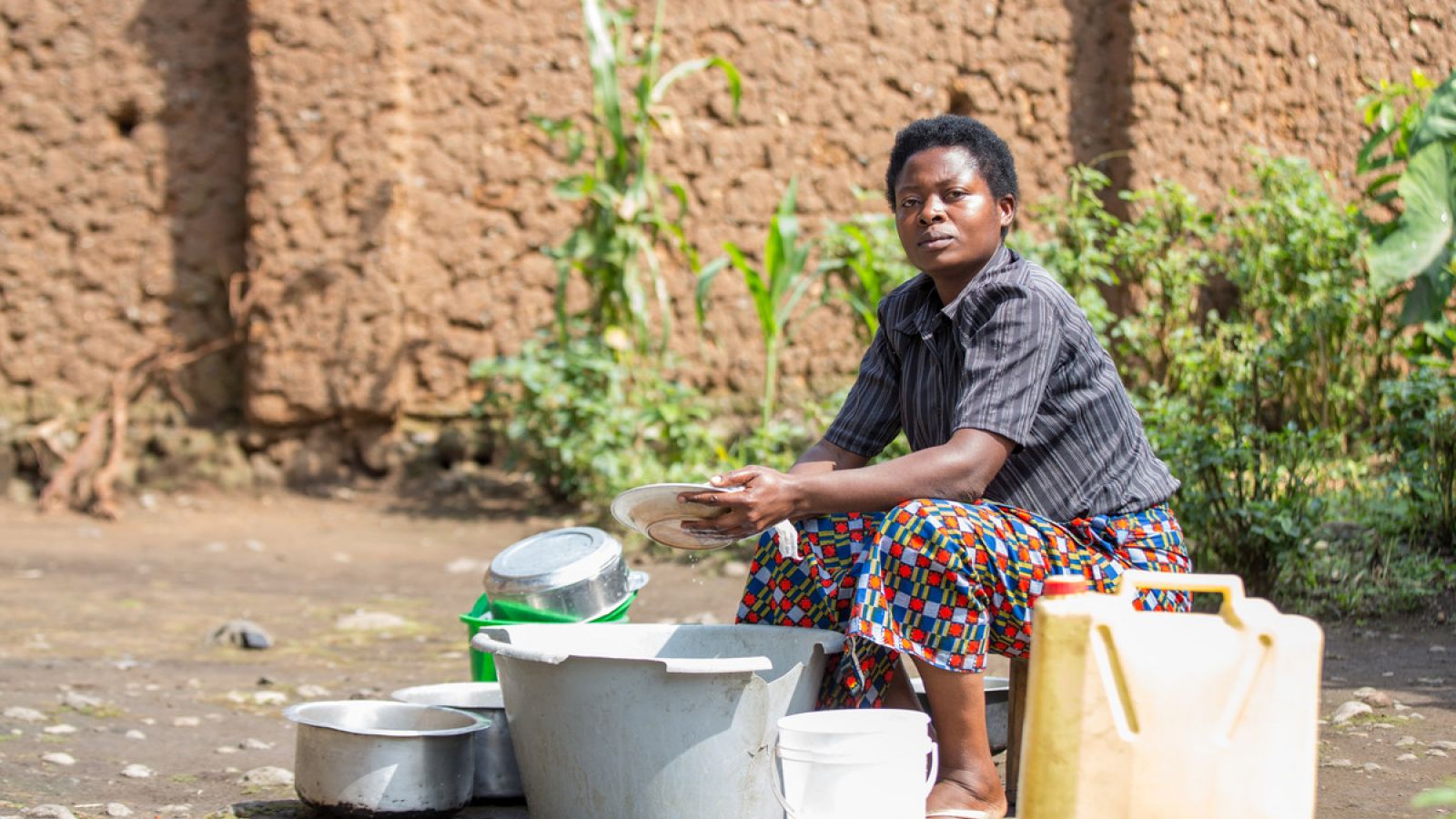Photo credit: ActionAid
A new report by NarratEQ, Gatefield’s gender equality data lab, says Nigerian women are subsidising the national economy through unpaid work worth up to $111 billion annually.
The analysis, ‘Nigerian Women are Subsidising the Economy through Unpaid Care Work’, authored by Anuoluwa Bukola, reveals that if monetary value were assigned to women’s unpaid care work, it would constitute between 10 percent and 39 percent of Nigeria’s GDP.
The analysis found that at the highest estimate, women’s invisible labour eight times larger than the oil sector’s contribution of 4.05 percent of GDP and nearly three times the entire 2025 federal budget of $38 billion.
In effect, women perform three times more economic work in unpaid care than the government spends in a year.
Advertisement
The analysis also revealed that the average Nigerian woman spends 4.3 hours on unpaid care work daily, while men spend 1.12 hours.
“Demand for care is surging. Nigeria’s population aged 65+ is projected to grow 171%, from 9.4 million in 2020 to 25.5 million by 2050, yet the country still lacks formal childcare, eldercare, or long-term care systems,” the report said.
“Formalizing and investing in the care economy could generate 17 million jobs, according to the National Bureau of Statistics—one of the largest potential employment expansions in the country.”
Advertisement
Blessing Adesiyan, CEO of Caring Africa, said for years, care work like looking after children, sick relatives, or older adults, has been treated as a private family duty and mostly done by women.
“Global evidence now shows that when countries fail to support care systems, economic growth slows and productivity declines,” she said.
On her part, Farida Adamu, Insights Lead at Gatefield, said care work remains largely absent from national plans, labour policies, and social protection systems.
“Unlocking this economic engine requires policy reforms—such as extending maternity leave to at least 16 weeks and guaranteeing a minimum of two weeks of paternity leave,” she said.
Advertisement







